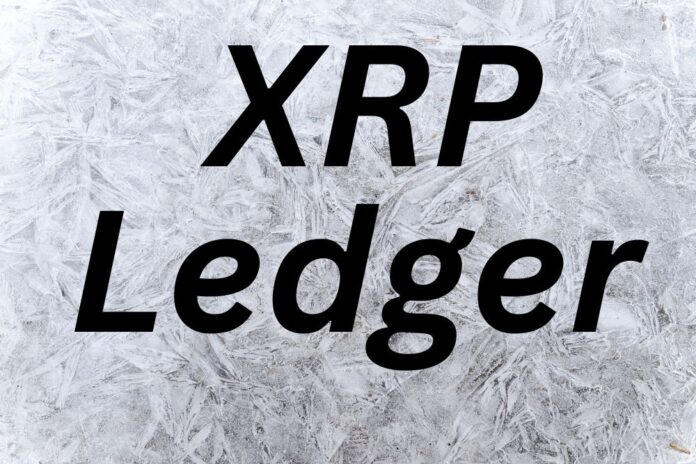In a recent conversation on Twitter, Panos Mekras, co-founder of Anodos Finance, addressed allegations made by Justin Bons, Founder and CIO of CyberCapital, concerning Ripple, XRP, and the XRP Ledger (XRPL).
Bons accused Ripple and XRP of promoting misleading claims about decentralization, asserting that Ripple maintains total control over the network and describing these claims as fraudulent. Mekras countered with a detailed rebuttal, emphasizing the decentralized nature of XRPL and correcting misconceptions about its governance.
The Core of Bons’s Criticism
Justin Bons asserted that Ripple’s influence over XRP centralizes and controls the XRP Ledger. He further claimed that the foundation associated with XRP misleads retail investors by making false decentralization claims. Bons’s remarks drew criticism from XRP proponents, including Mekras, who dismissed these allegations as baseless and disinformation.
The disinformation against $XRP continues. It's as if haters coordinate together. Let's clear this up once and for all:
Is the XRP Ledger centralized or decentralized?
One of the biggest misconceptions is that the XRP network is centralized and that Ripple or the foundation… https://t.co/79WK9JnwaT
— Panos 🔼{X} (@panosmek) December 2, 2024
Mekras’ Response
Panos Mekras offered a comprehensive response, outlining the technical and structural elements of XRPL to debunk Bons’ claims. He highlighted key points about the XRPL’s architecture and consensus mechanism:
Decentralized Consensus Protocol: XRPL operates on a consensus protocol rooted in the Federated Byzantine Agreement (FBA). Validators, which play a critical role in the network, validate and record transactions without receiving incentives. This design promotes impartiality and prevents conflicts of interest. Mekras contrasted this with Bitcoin’s Proof-of-Work system, where miners are financially incentivized to validate blocks, potentially introducing centralization through mining pools.
Global Distribution of Nodes: Mekras noted that the XRP Ledger has over 100 active validators and 700 nodes worldwide. These nodes are managed by diverse entities, including developers, institutions, universities, and community members. Ripple operates only a single validator within the default Unique Node List (UNL), representing less than 3% of the network’s validators. This distribution prevents Ripple from exerting unilateral control over the ledger.
Consensus Rules and Decision-Making: To achieve consensus on the XRP Ledger, at least 80% of validators must agree on transactions and proposed changes. Mekras emphasized that this system contrasts with Bitcoin’s model, where miners unilaterally determine which transactions are included in a block. On XRPL, deterministic rules ensure fair processing and approval of transactions without the possibility of favoritism.
Open Access to Participation: Anyone can set up and operate a validator or stock node on the XRP Ledger. Mekras encouraged skeptics to review the ledger’s infrastructure through publicly available documentation. He clarified that the UNL is merely a list of trusted validators that participants can adopt or customize. Most nodes currently use the UNL curated by the XRP Ledger Foundation, an independent entity separate from Ripple.
We are on twitter, follow us to connect with us :- @TimesTabloid1
— TimesTabloid (@TimesTabloid1) July 15, 2023
Addressing Allegations of Centralization
Mekras refuted the notion that Ripple or the XRP Foundation controls XRPL. He explained that XRPL’s decentralization stems from its open-source nature and diverse validator participation.
The network’s governance relies on broad consensus rather than the influence of a single entity. The developer also emphasized that XRPL’s architecture offers a more decentralized framework compared to many other blockchain networks, including Bitcoin.
Mekras’s detailed explanation underscores the XRP Ledger’s decentralized design and governance. By highlighting the network’s structural and operational elements, he sought to dispel misconceptions perpetuated by critics like Bons.
The exchange exemplifies the ongoing debate surrounding decentralization in blockchain ecosystems and the scrutiny directed at high-profile projects like XRP.
Disclaimer: This content is meant to inform and should not be considered financial advice. The views expressed in this article may include the author’s personal opinions and do not represent Times Tabloid’s opinion. Readers are urged to do in-depth research before making any investment decisions. Any action taken by the reader is strictly at their own risk. Times Tabloid is not responsible for any financial losses.
Follow us on Twitter, Facebook, Telegram, and Google News



